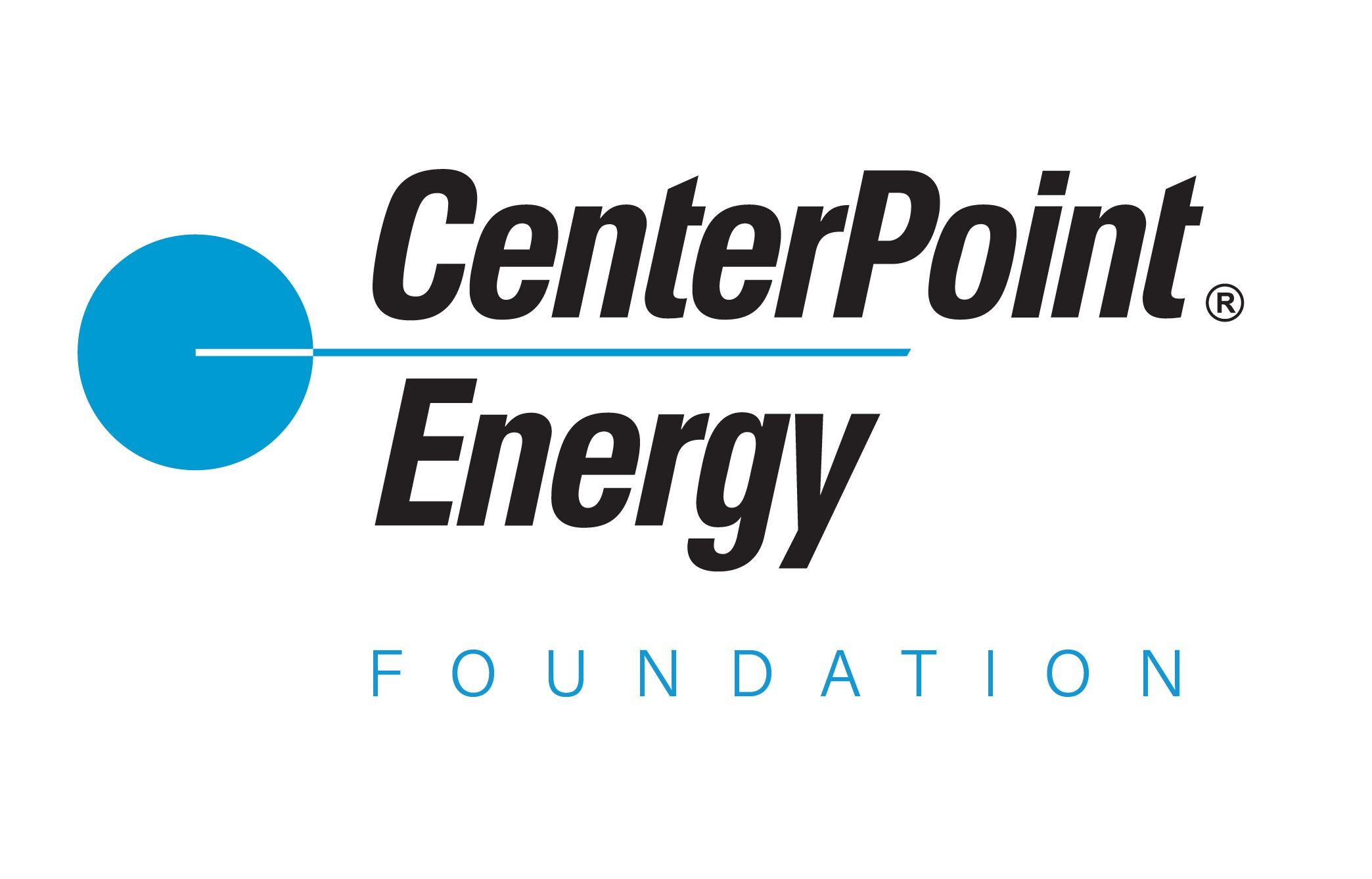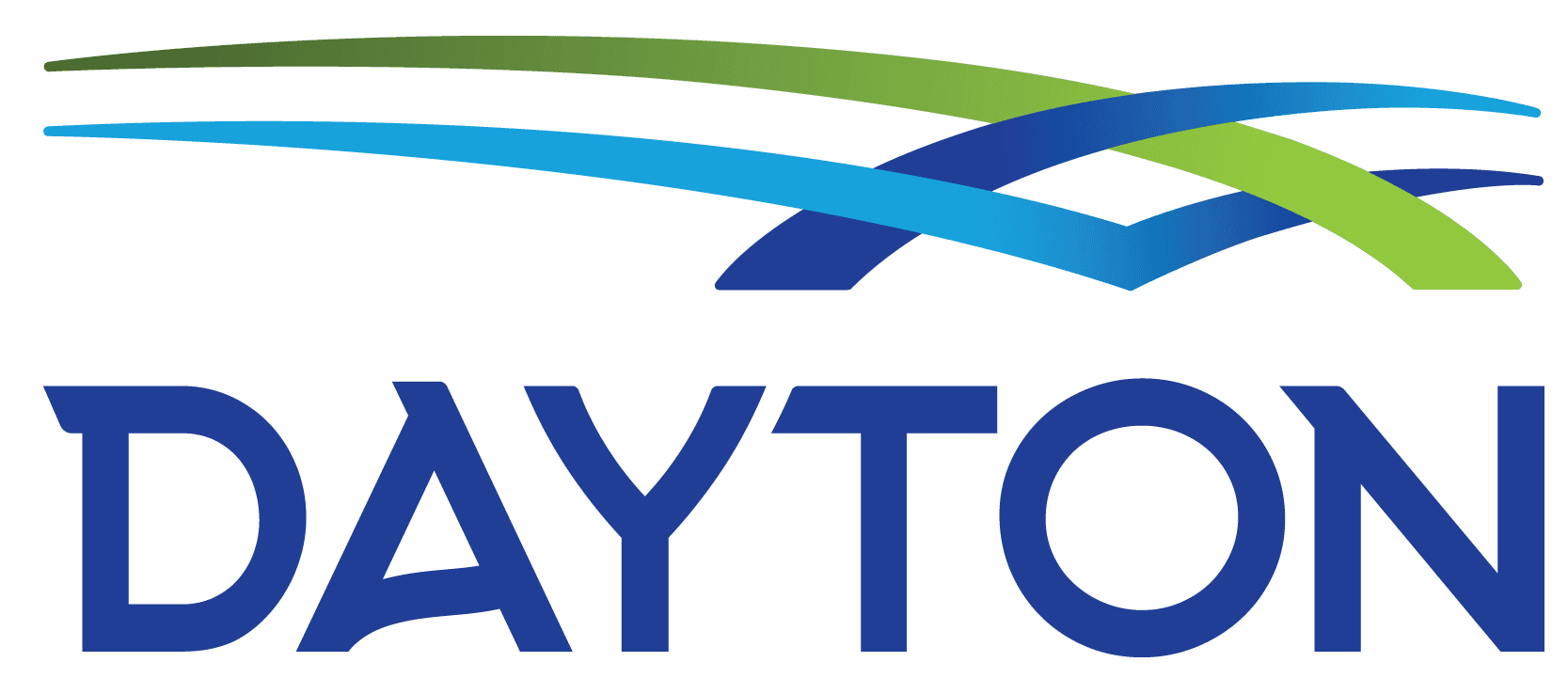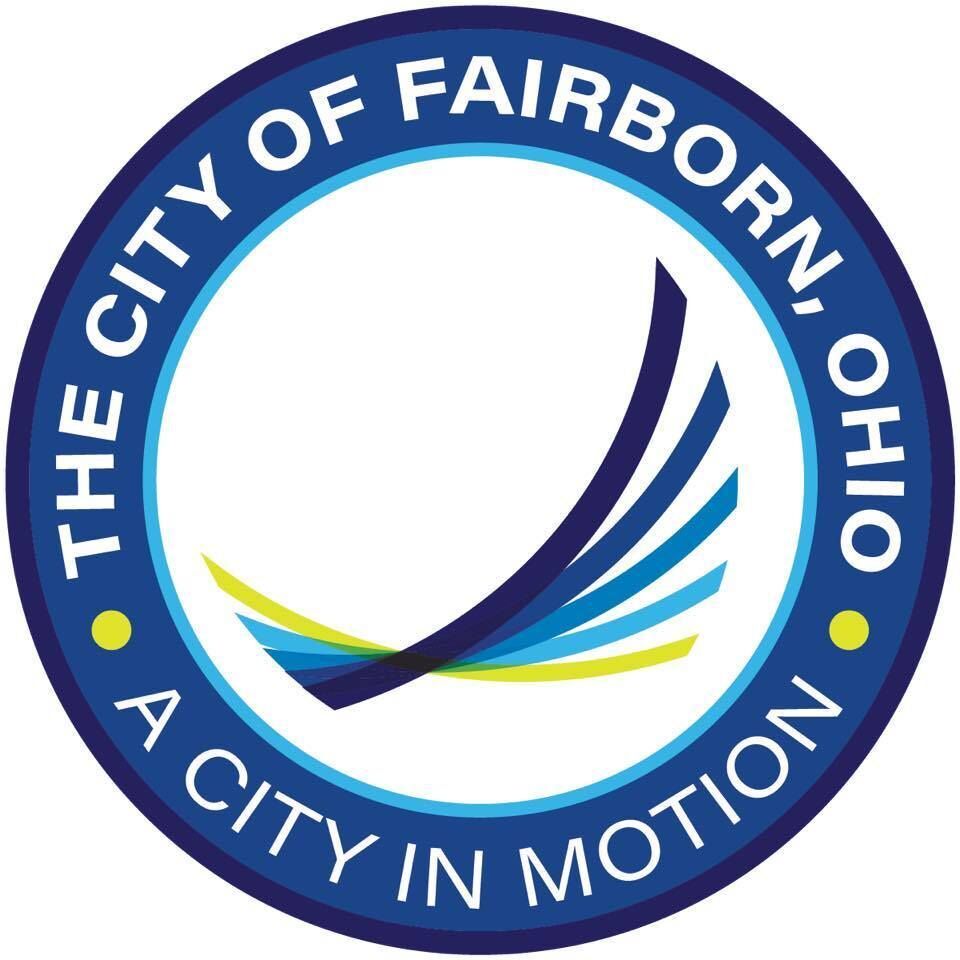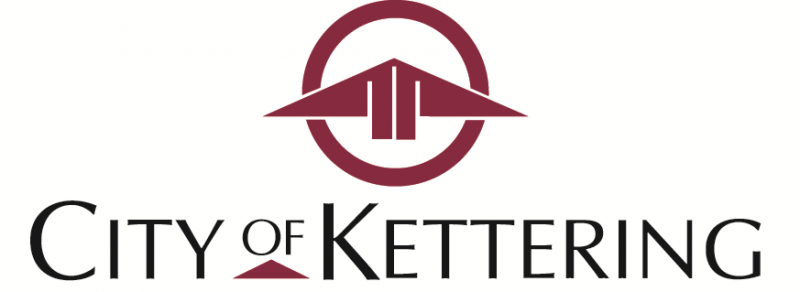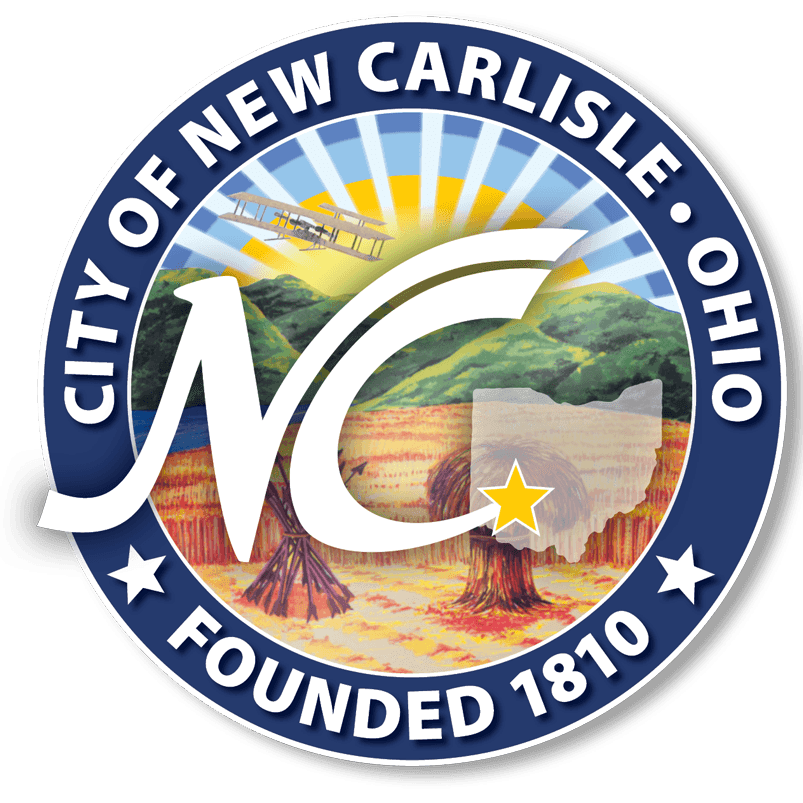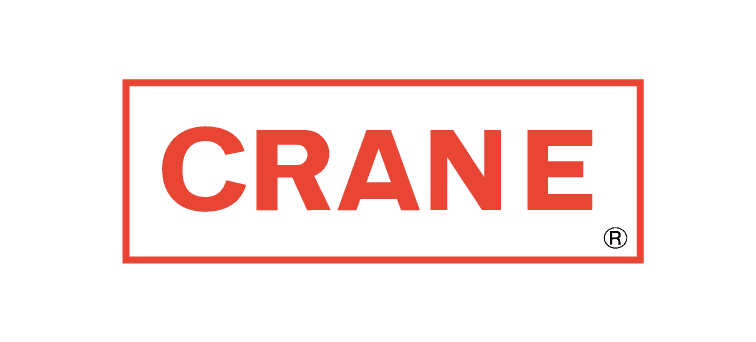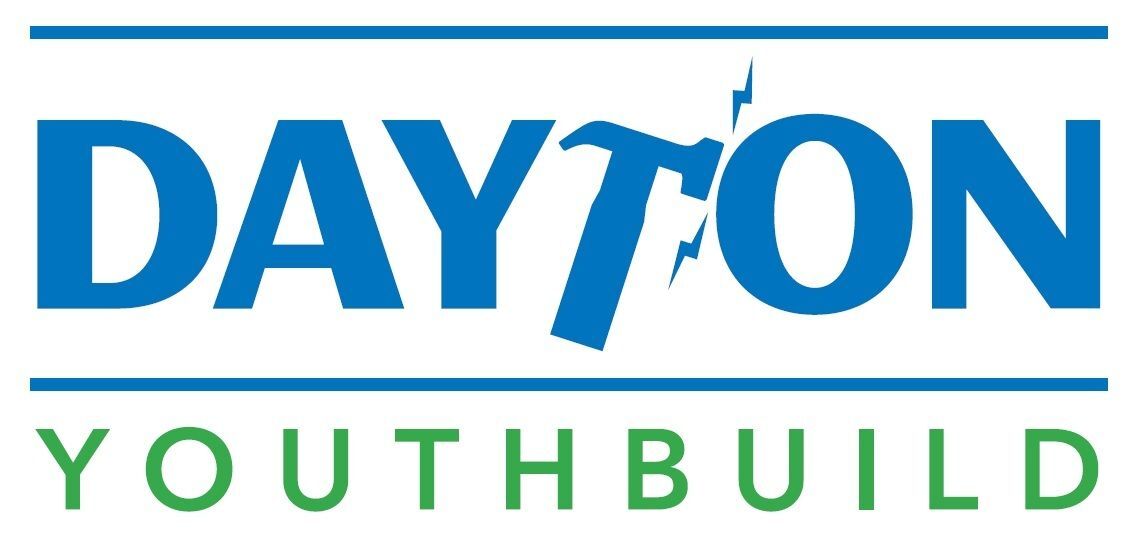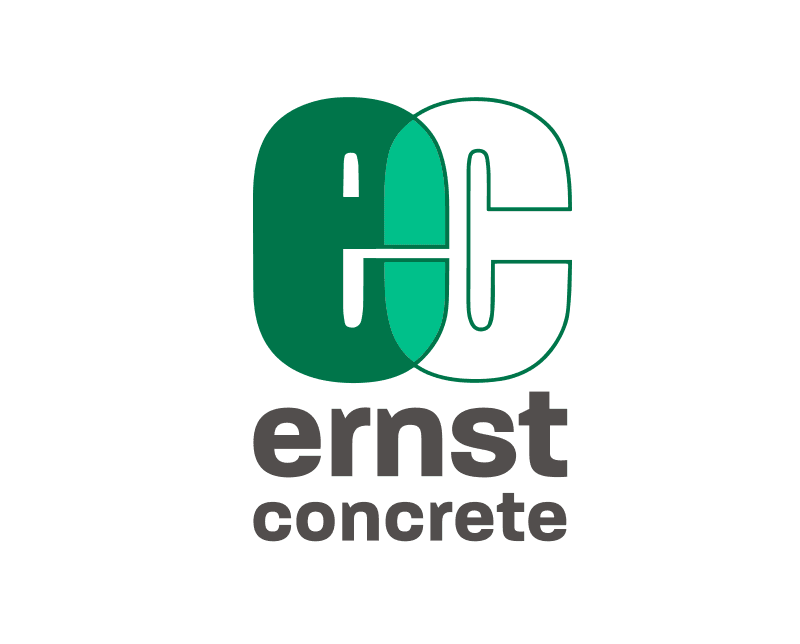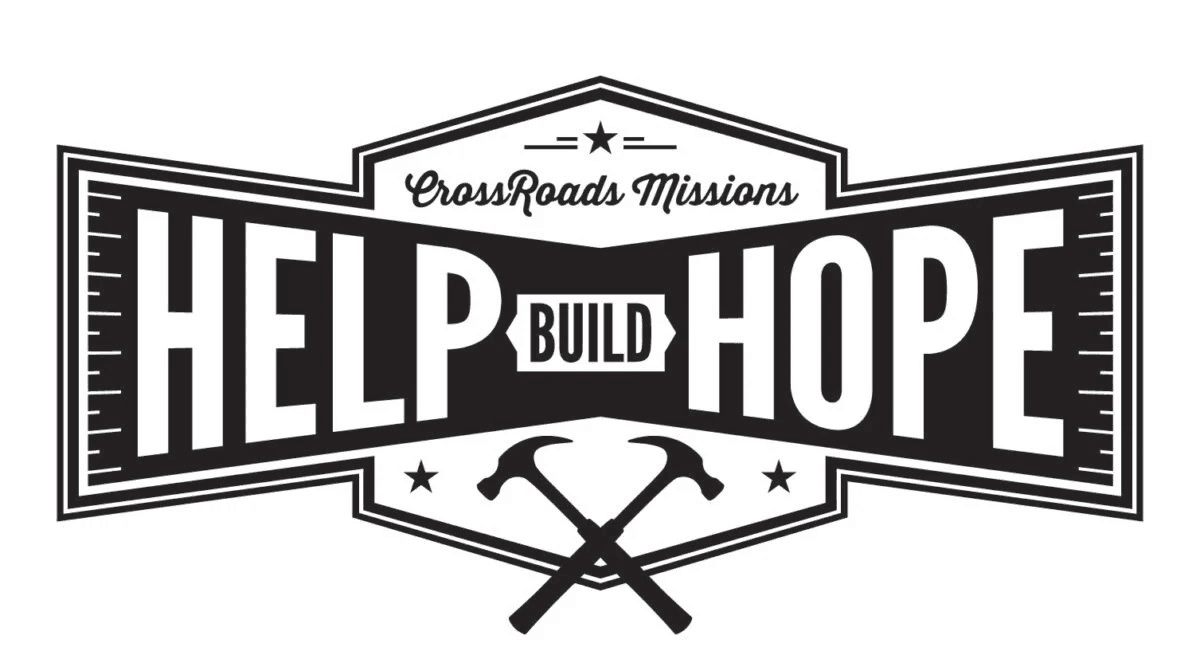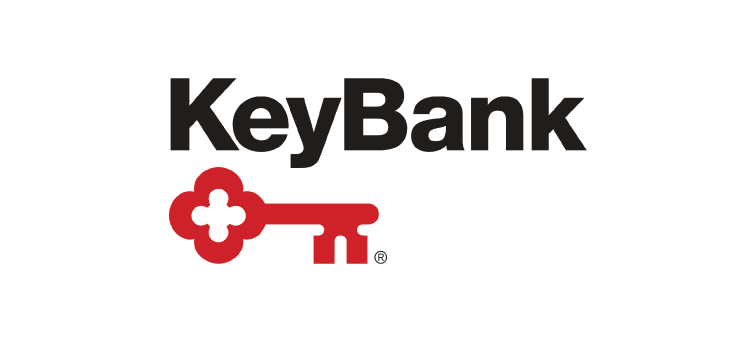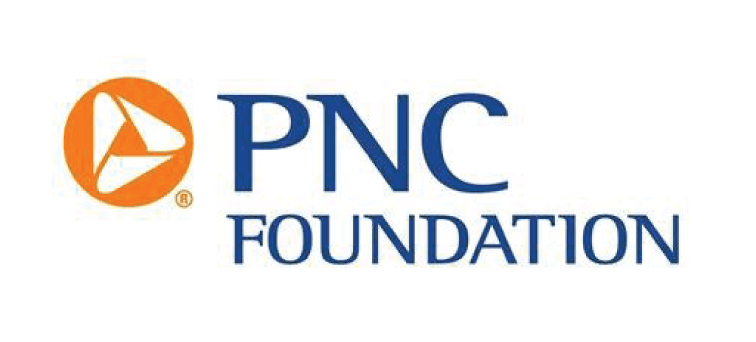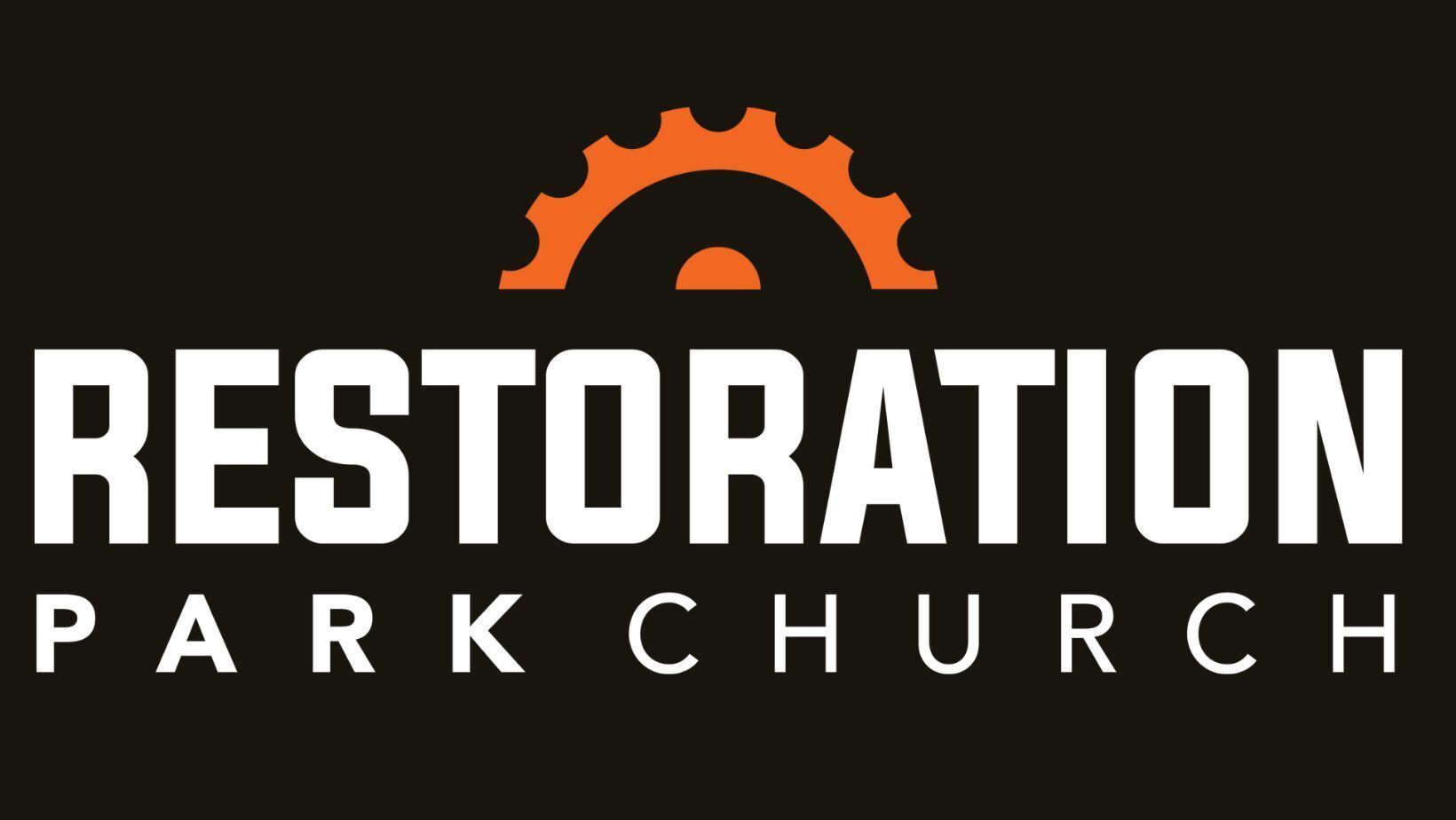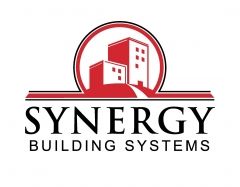
The title is a pretty bold statement. How can we say that owning a home improves your health? It turns out that a number of independent organizations have studied the issue from different points of view, including the U.S. Centers for Disease Control and Prevention and the general conclusion is that homeowners are healthier than renters.
Homeowners are more likely to occupy homes with fewer needs than renter households, and housing problems are more acute for low-income households. The U.S. Centers for Disease Control and Prevention identified home improvement as one in six evidence based, high impact solutions for addressing social determinants of health. Improving housing quality improves general health and reduces risk of injury.
Decreasing housing costs for cost-burdened households (those spending more than their household expenditures on housing) releases resources to spend on nutritious food and healthcare and limits overcrowding to minimize the spread of respiratory infectious diseases.
According to Children's HealthWatch, unstable housing for families with children leads to $111 billion in increased health and educational costs over 10 years.
How Habitat Contributes
Habitat lowers the cost of homeownership and makes it easier for future homeowners to access quality housing. Thanks to their affordable mortgages, families who partner with Habitat have the ability to prioritize in their families health and wellness.
Habitat's repair programs offer homeowners the opportunity to affordably address acute housing problems and improve the quality of their homes. This is especially true for older homeowners - 54% of those served through Habitat's repair program - who are able to grow old in their home and continue to rely on their local community and support system.
Habitat advocates to expand public resources for programs that help lower-income households make needed home repairs and access healthy homes.










